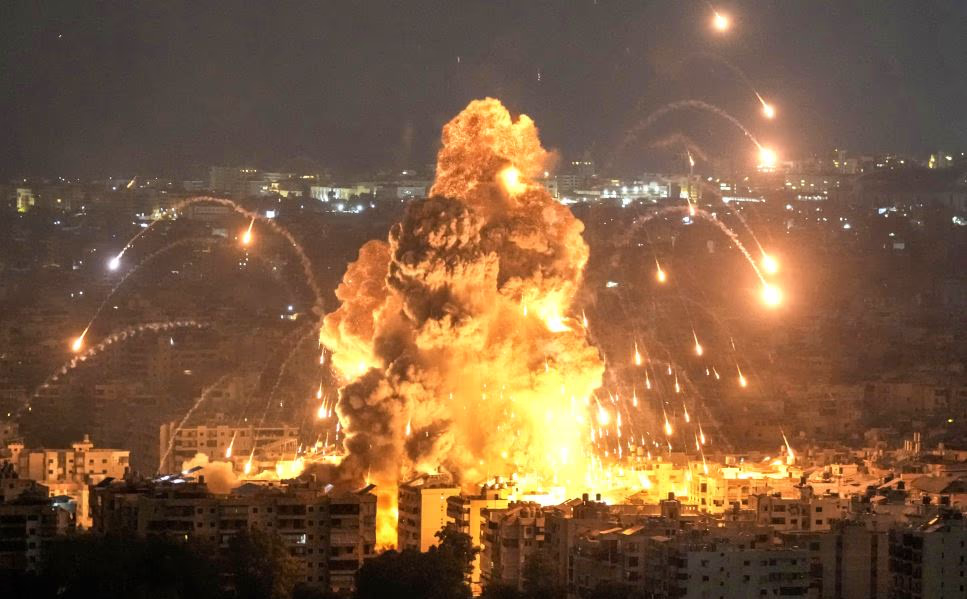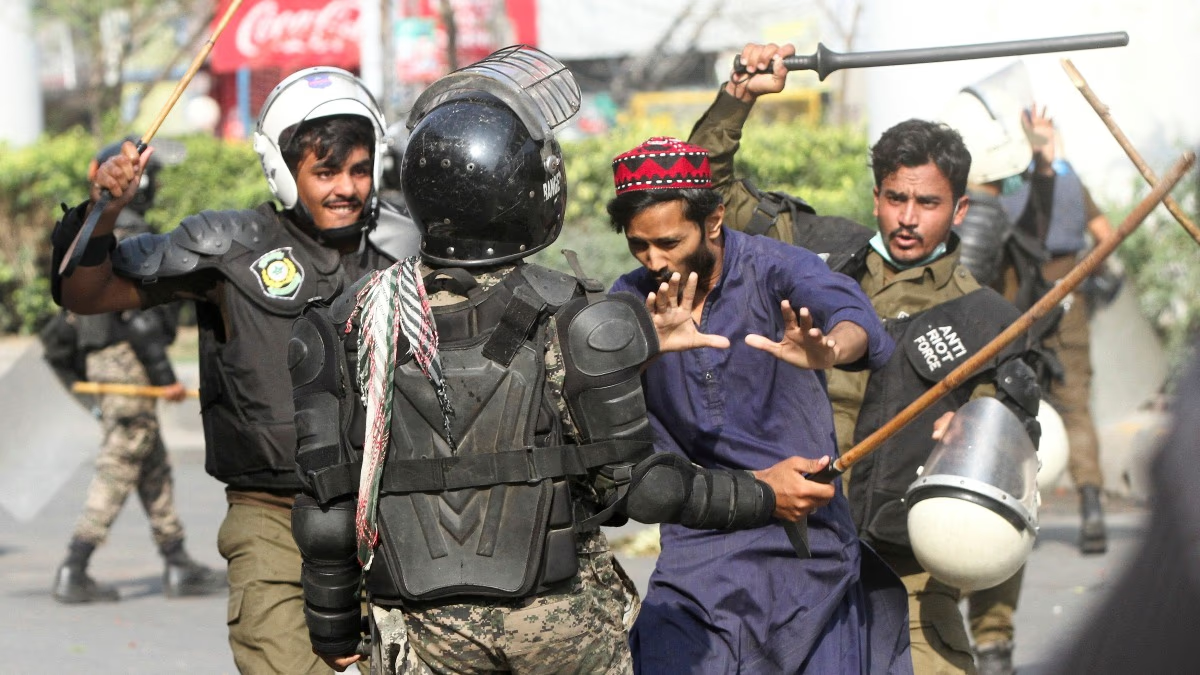In a stunning turn of events, Israel has retaliated against Iran's fierce missile attack with a penetrating cyber strike. Eschewing conventional warfare, Israel utilized the expertise of its cyber specialists to cripple vital Iranian systems from within the safety of its own borders, profoundly shaking Iran's infrastructure.
According to reports, key Iranian government and nuclear facilities have fallen prey to this cyber incursion. Israel has successfully extracted critical nuclear-related intelligence, as confirmed by Firoozabadi, the former Secretary of Iran's Supreme Council of Cyberspace. This breach has penetrated Iran’s three government branches—judiciary, legislature, and executive—highlighting the severity of the cyber assault.
The reach of this cyber attack extends to nuclear power plants, ports, transportation networks, fuel distribution systems, and municipal networks. While Iranian President Masoud Pejeshkian was in Turkmenistan strengthening ties with Russian President Putin, Israel was orchestrating this offensive on Tehran. Israel had previously warned Iran that it would face consequences for its ballistic missile aggression.
Proving the threat wasn’t empty, Israel executed its threat to Iran. Despite American warnings against targeting Iran's nuclear and oil sites, Israel's cyber strike has sent a powerful message. It's a historic first of its kind attack by Israel on Iran, signaling the possibility of future cyber engagements. Throughout their extensive rivalry, this isn’t the first instance where Israel has leveraged cyber capabilities against Iran.
Israel Recognized as Cyber Attack Specialist, Unleashes 14-Year Assault on Iran
For 14 years, Israel has demonstrated its proficiency in cyber warfare. Following recent pager and walkie-talkie incidents, it’s believed Israel possesses a multitude of tools to outmaneuver its adversaries, spearheaded by its intelligence agency, Mossad. Notably, in June 2010, Israel's 'Stuxnet virus' targeted Iran’s Bushehr nuclear facility computers.
Israel’s 'Stuxnet Virus' Affected 30,000 Iranian Computers
This cyber assault impacted 30,000 computers. In April 2011, the 'Stars' virus breached Iranian nuclear centers. By November 2011, Iran detected a new threat with the 'Duqu' virus targeting its nuclear ambitions. April 2012 saw the identification of the 'Wiper' malware, and by May 2012, Iran claimed the 'Flame' virus attempted to siphon governmental data.
Read also:

Source: aajtak
Israel’s Defense Minister Warned—Our Response Will Shock!
Israel faced allegations over the attack but it’s evident that Israel has once again targeted Iranian establishments without crossing Iranian borders or deploying lethal weaponry. Previously, Israel’s Defense Minister had warned that a retaliatory strike for the Iranian missile attack would be "lethal" and "unexpected." With this cyber offensive, Israel has indeed startled the world.
Hezbollah Media Chief Asserts Israel Has Seen Nothing Yet!
Meanwhile, Hezbollah appeared unperturbed by ongoing Israeli strikes on Lebanon. Their media chief stated on Friday their priority is defeating Israel while keeping readiness options open against Israeli assaults. He warned Israel, citing the engagement on Tel Aviv as merely a beginning. According to him, Israel has witnessed only the beginning of their response.
Two UN Peacekeepers Injured in Israeli Assault on Southern Lebanon
On Saturday morning, Israeli assaults continued on Lebanon’s capital, Beirut, filling the skies with smoke. The melee on Friday saw two UN peacekeepers injured, marking the second attack on UN forces within 48 hours. French President Macron condemned Israel for the attacks on UN peacekeepers in Lebanon, while the US called for restraint.




